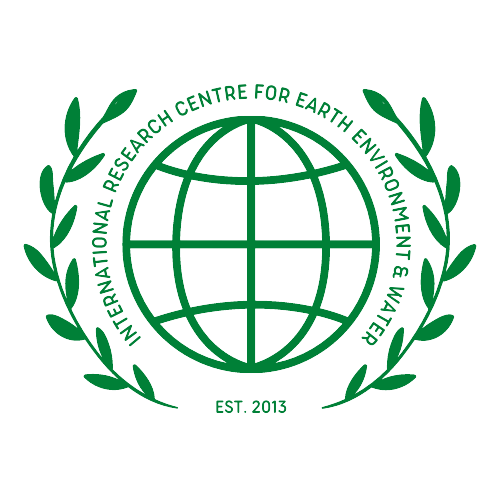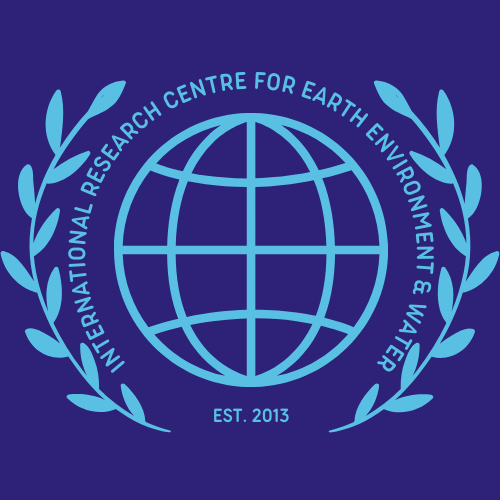Climate change is one of the most pressing challenges of our time. Its impacts are already felt and will worsen without urgent action to reduce emissions.
Pakistan, a country with over 200 million people and one of the world’s fastest-growing economies, is highly vulnerable to climate change. The impacts on Pakistan include droughts, floods, heat waves, rising sea levels and glacial meltwater. These will affect food production and water availability, increase poverty and increase migration from rural areas to cities. Climate change will also exacerbate existing vulnerabilities such as food insecurity and poverty.
The Paris Agreement commits nations to limit global temperature rise to below two °C above pre-industrial levels to reduce risks and avoid dangerous climate impacts. It also aims for a balance between anthropogenic emissions by sources (such as power plants) and removals by sinks (such as forests) of greenhouse gases in the second half of this century so that net anthropogenic emissions by sources are zero or below zero at least 100 years before the end of this century. The Paris Agreement was adopted on December 12th 2015, by 195 parties at the 21st session of the United Nations Framework Convention on Climate Change (UNFCCC).


